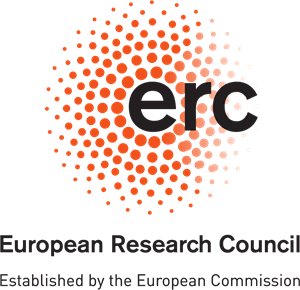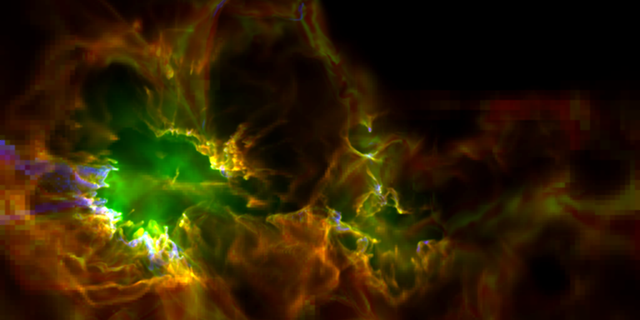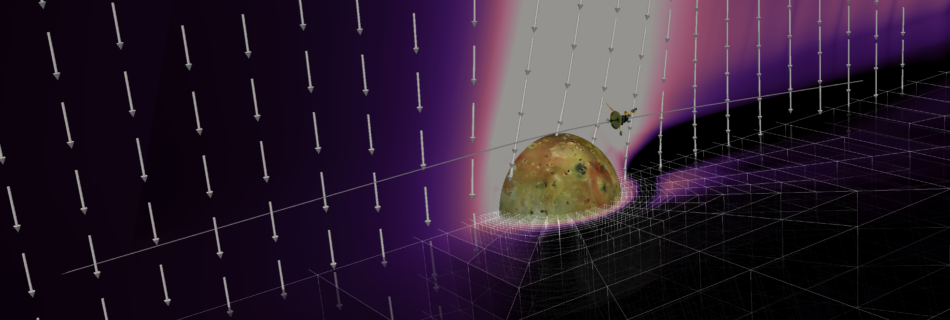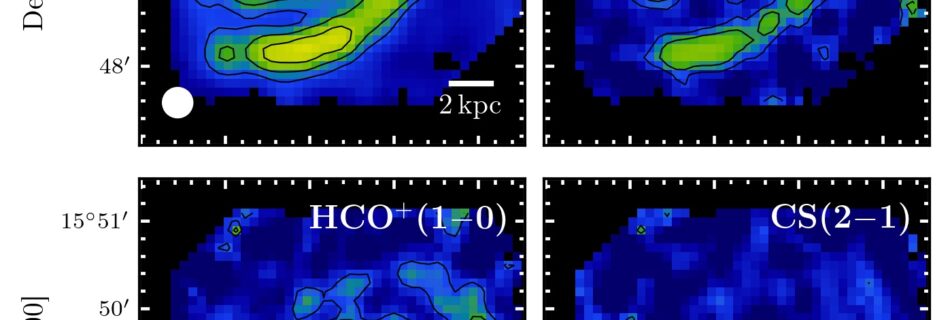ALMA-ARC
The German node of the European ALMA Regional Centre network is operated by the UB / AIfA and UoC / PH1, with PI Prof. Dr. Peter Schilke as the lead of the Cologne subnode and Prof. Dr. Frank Bertoldi, currently the lead of the Bonn subnode. It is one of seven European sites of this …
![]()








